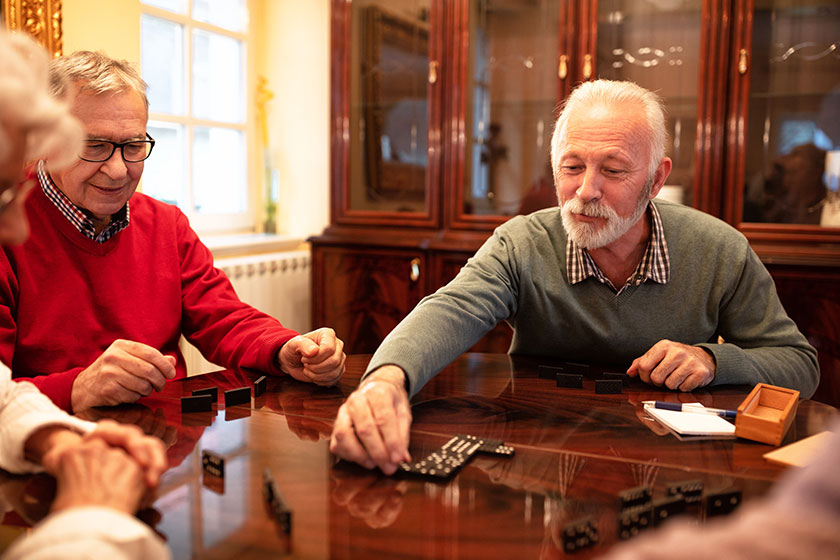In the journey of caring for a loved one with dementia, a descriptive approach becomes a beacon of understanding and support. As we explore six compassionate ways to redirect someone living with dementia in retirement communities, our aim is to provide you with a detailed and empathetic guide. Dementia, a cognitive disorder affecting memory and reasoning, necessitates a deep comprehension to offer the best care possible to those in their golden years. Let’s embark on this journey of understanding and discover how to create a calming and engaging environment for your loved ones.
Unveiling the Complexity of Dementia
Dementia is a complex and multifaceted condition that takes a relentless toll on an individual’s cognitive abilities over time. To redirect someone with dementia effectively, it is imperative to embark on a deep exploration of the intricate facets of this condition. Dementia not only affects memory and reasoning but also profoundly impacts the very essence of one’s identity. It brings about a series of challenges, emotional turmoil, and significant adjustments for both the individual afflicted and their family members. By understanding these intricacies, caregivers can navigate the journey of dementia care with empathy, sensitivity, and a heightened awareness of its profound implications.
Crafting a Tranquil Haven
When seeking to redirect someone with dementia, the environment becomes a cornerstone of care. Crafting a tranquil living space within retirement communities is not just a matter of aesthetics; it’s a profound strategy for enhancing the well-being of your loved ones. A serene environment helps reduce the anxiety and confusion that often accompany dementia. It involves thoughtful adjustments in lighting, decor, and layout, all aimed at creating a soothing atmosphere. Such changes can make daily life more manageable for individuals with dementia as they navigate their world with greater ease and comfort. Ultimately, a serene environment fosters a sense of security and familiarity, enriching the lives of those in their golden years.
Nurturing Communication
Effective communication is the linchpin of caregiving for individuals with dementia. Descriptive communication strategies are like a bridge to their world, enabling meaningful connections while reducing stress. These methods involve clear and detailed verbal and non-verbal cues. It means using simple, concrete language, maintaining eye contact, and using gentle gestures to convey messages. By doing so, caregivers can foster understanding and engagement, making daily interactions smoother and less anxiety-inducing for their loved ones. This approach prioritizes their comfort and emotional well-being, allowing them to feel heard and supported in their unique journey through the challenges of dementia.
Stimulating Minds with Engaging Activities
Active engagement forms the heart of well-being in retirement communities. It involves immersing individuals in creative activities that not only stimulate their cognitive functions but also ignite a sense of joy and purpose. These activities could range from art and music therapy to reminiscence sessions. They provide opportunities for social interaction, emotional expression, and personal fulfillment, enhancing the quality of life for those living with dementia by offering moments of connection and accomplishment.
The Power of a Supportive Team
Caring for someone with dementia is a collective effort. Building a strong support team within the retirement community is essential. Effective collaboration with team members ensures a holistic approach to care. This teamwork combines diverse skills and expertise, providing comprehensive support that addresses the multifaceted needs of individuals with dementia, enhancing their well-being.
The Compassion and Patience Approach
Patience and compassion are the cornerstones of care for individuals with dementia. Embracing empathy means understanding the struggles and fears of your loved ones. It involves unwavering support, even in the face of challenging moments, fostering a sense of security and trust essential for their comfort and well-being.






